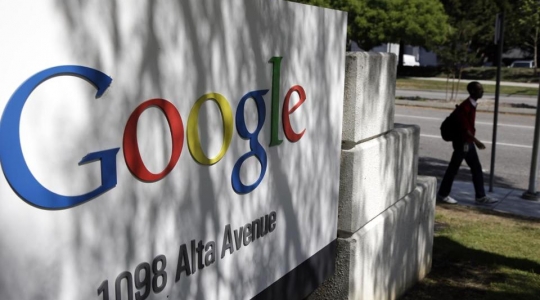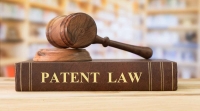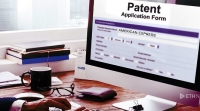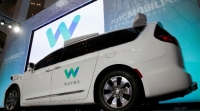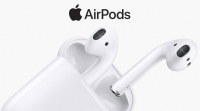A trial set to begin in US District Court in Boston next Monday could finally resolve the nearly five-year-long conflict between the Internet giant Google Inc. and a small technology company called Skyhook Wireless Inc.
Skyhook alleges Google illegally used its technology that employs Wi-Fi signals to calculate the locations of millions of smartphones and tablets.
Patent cases of this size, if successful, can be worth hundreds of millions in damages for plaintiffs.
“It’s a case like that that motivates the world to go to trial,” said Steven Bauer, a patent attorney at Proskauer Rose LLP in Boston, “because everybody wants to hit the jackpot.”
Skyhook, of Boston, pioneered Wi-Fi mapping and holds more than 100 US and foreign patents. Its system is used by a number of major companies, including Sony Corp. and AOL Inc.’s MapQuest service. In 2007, Skyhook licensed the technology to Apple Inc., which added it to the iPhone in 2008. Previously, the company had an agreement that allowed Google Inc. to evaluate its technology, but in 2007 the companies failed to reach a deal that would license the software to Google for commercial use.
Skyhook also had deals with Motorola Mobility and Samsung Corp., both makers of cellphones that use Google’s Android operating system.
But Google’s addition of Wi-Fi navigation to its Android software for mobile devices in September 2010 spawned a series of legal challenges by Skyhook. The company’s federal lawsuit alleged that Google’s version infringed on numerous Skyhook patents.
Separately, Skyhook sued Google in Massachusetts state court, claiming it had illegally pressured Motorola and Samsung to break their contracts with Skyhook. In 2012, a Suffolk Superior Court judge issued a summary judgment in Google’s favor, tossing out the case. In November, an appeals court agreed.
The patent case is scheduled to go to trial March 9 before US District Judge Rya A. Zobel. A jury will decide whether Google infringed on patents, and if so, the amount of damages it must pay. Skyhook alleges that Google’s patent infringement was deliberate. If the jury agrees, Skyhook would be entitled to three times the amount of actual damages assessed by the jury.
Skyhook declined to comment and Google did not respond to a request for comment.
There could be a lot of money at stake. Last week, a federal jury in Tyler, Texas, ruled that Apple should pay a Texas company called Smartflash LLC $553 million after determining that its iTunes software infringed on three of the company’s patents.
But Bauer said there is little incentive for Google to settle.
“Large companies like Google and Apple are being sued so much, so often, for so much money, that they’re taking these cases to trial,” he said. “They’d lose more money if they settled them all.”
Moreover, Bauer said, roughly half of patent infringement findings are overturned on appeal. And even if an infringement verdict is upheld, appeals courts often reduce damages. As a result, Bauer said, there is no particular incentive to settle.
Apart from a possible big payday for Skyhook, the company stands to gain by cementing its control over Wi-Fi mapping, a powerful tool for indoor navigation.
GPS satellite navigation is found in nearly all mobile devices, but it doesn’t work inside buildings or outside in urban areas with lots of tall buildings. Wi-Fi transmitters are common in such places, however, and a smartphone can use their signals to calculate locations and distances.
“The company that can solve that problem, that ability to locate indoors . . . stands to make a lot of money,” said Patrick Connolly, a senior analyst at the technology research firm ABI Research in Cork, Ireland. “In the indoor space, Wi-Fi is one of the prime technologies.”
Skyhook was purchased in February 2014 by TruePosition a Pennsylvania company that uses signals from cell towers to pinpoint a phone’s location, even when it is inside a building. TruePosition is owned by Liberty Media Corp., which also owns the Sirius XM satellite radio service and the Atlanta Braves baseball team.
Source: bostonglobe.com

